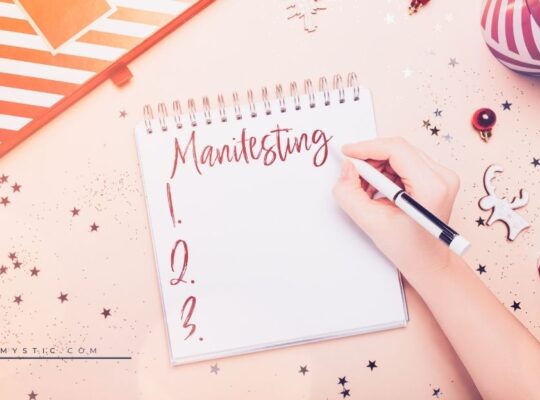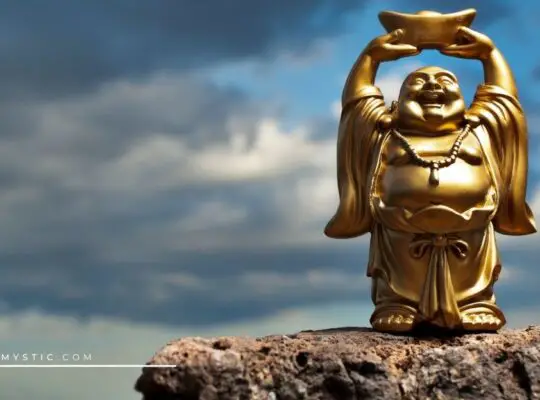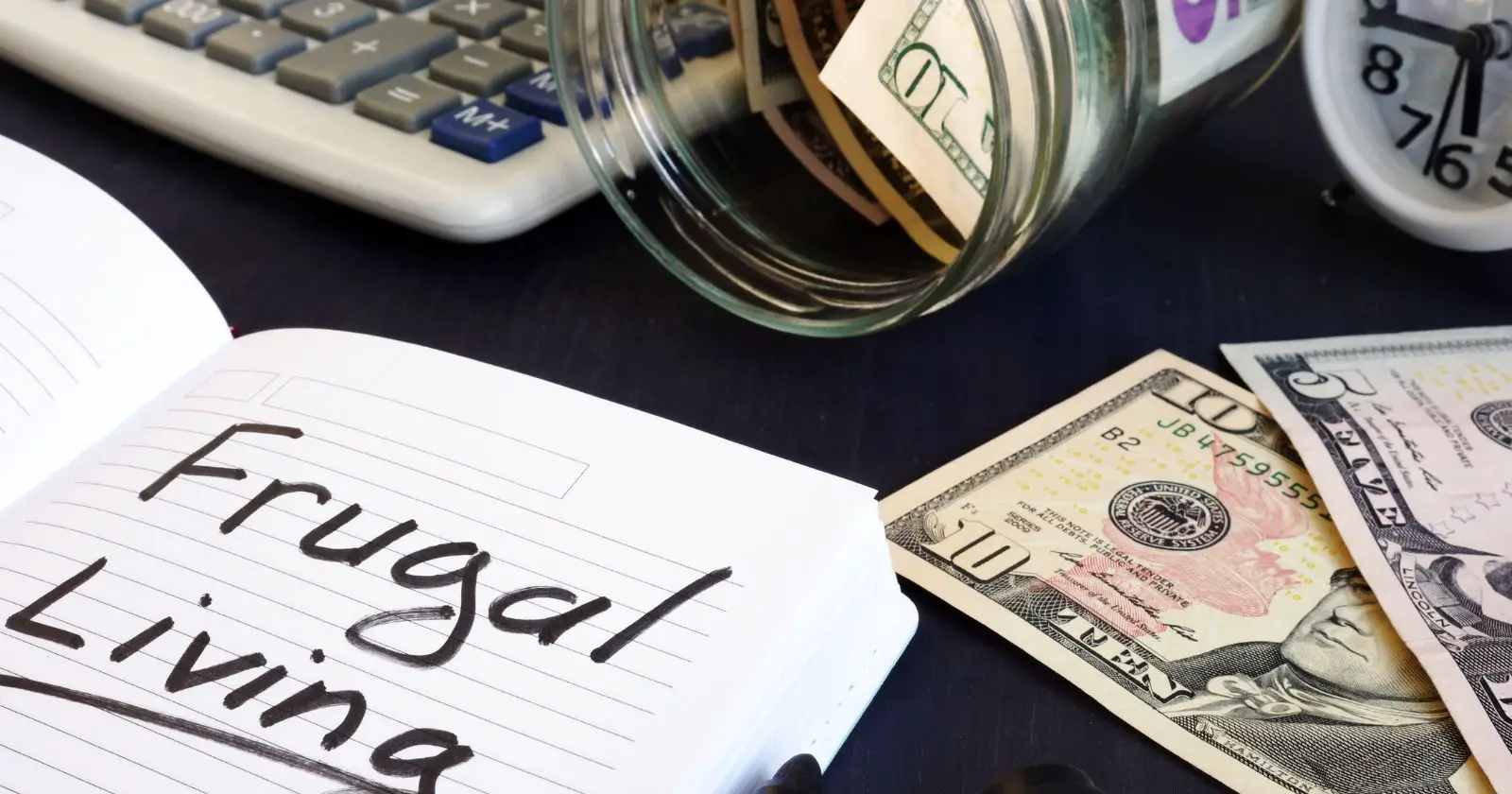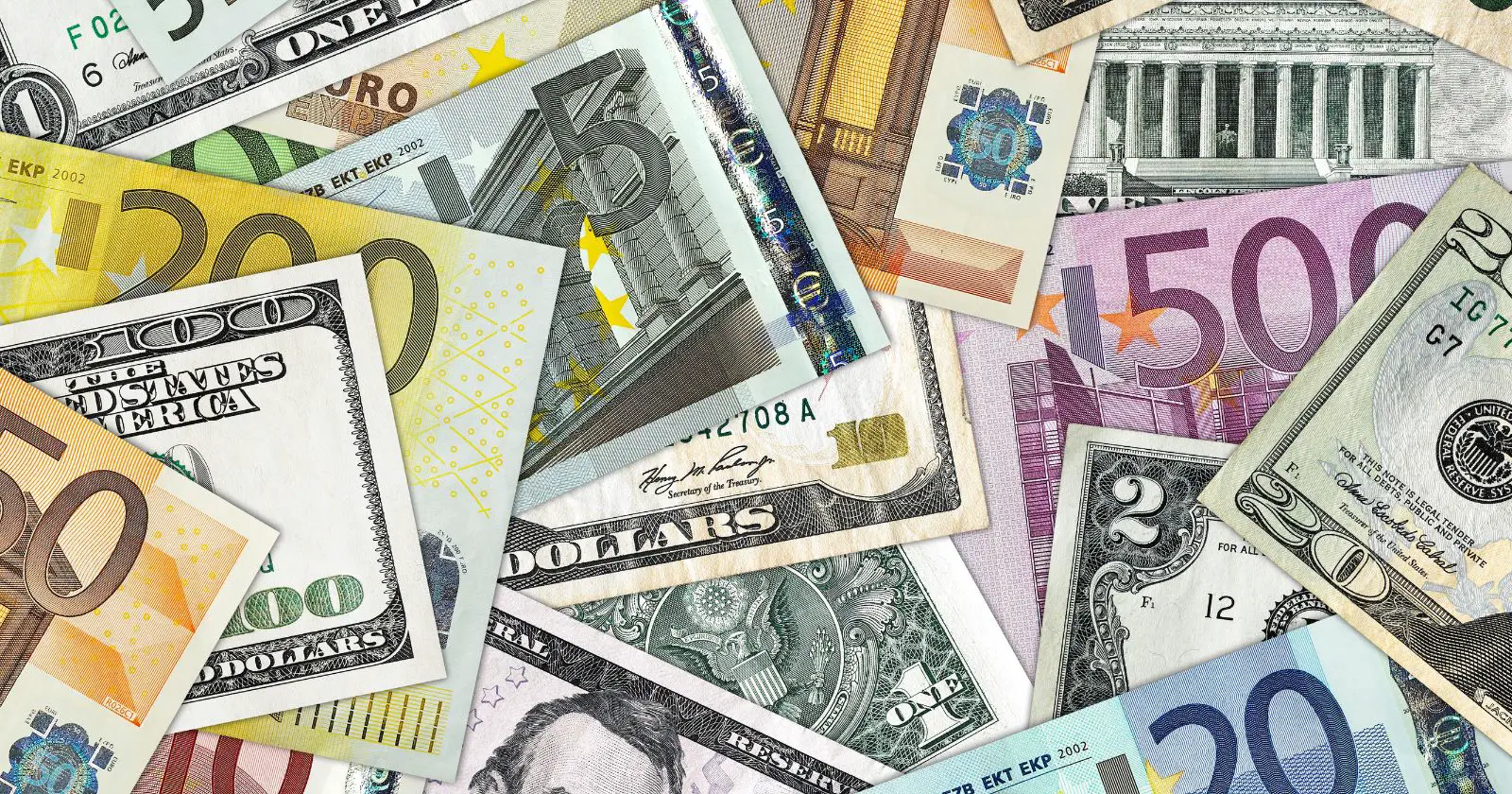With job security falling and the cost of living soaring, worrying about the economy is understandable. Instability seems to be the rule of the day, and this is something that the human nervous system detests. We like predictability because it makes us feel safe.
However, security is not always an option. When we recognize this, it behooves us to learn how to adapt to change as swiftly and gracefully as possible. The most straightforward way to achieve this is to take control of your internal landscape. Rather than letting worries over the economy get the better of you, focus on what you can do.
Spend Less
One of the simplest ways to reduce overhead is to stop buying non-essentials. Another quick saver is to cook more of your meals at home avoiding, for example, high-end dinners out and hefty specialty coffee expenditures. Also, stem the flood of money loss by consolidating debt, avoiding variable rate credit cards, and holding off on major purchases until you’re feeling more financially flush.
The point is, to focus on what you need and minimize the fluff. There’s little benefit to paying for extra perks if the anxiety this causes makes you lose sleep. Your well-being should be the priority in life, not your stuff.
Save More
When the economy starts acting wonky, it’s a bit late to begin saving. However, better late than never. Having a financial cushion that you create when things are going well can help you to navigate economic ups and downs with less upheaval.
Begin small if you have to, but make it a practice to save a little wherever you can. Rather than buying that five-dollar latte, make your own coffee and stow away the money you save. Instead of subscribing to multiple channels, alternate between one or two each month and put away the difference. For every place you found to spend less in the previous step, try to take the extra money and save it. You’re investing in yourself.
Worry Less
Easier said than done, you might say. However, there are many ways that you can reduce the anxiety of economic struggle. For example, you can adjust your perspective by asking yourself some questions. Is the situation you’re in life and death? What can the circumstances teach you? What is your basic fear, and what can you do about it?
By considering the larger picture, you’re likely to see that the crisis isn’t existential, that there are beneficial things you can garner from the situation, and that many, if not all, of your fears, will never see the light of day. Breathe deep, talk to friends and family, meditate, get some exercise and sweat it out, or any other tension tamer that works for you. Your worries can harm you more than a fragile economy, so don’t allow them to.
Play More
When the world feels crazy, step away from the madness and recharge your batteries. This doesn’t mean maxing out credit cards and jumping on the next flight to an exotic locale. Instead, it is a call to build more lightness and play into your daily life.
Make dates with yourself, or lucky loved ones, and try something you’ve never done before. Explore local parks/green spaces and challenge yourself to identify a bird/insect/flower that you don’t already know. Get a reading/crocheting/watercolor/ group together and enjoy creative time with others. Have revolving cocktail/mocktail parties at various friends’ houses exploring different eras/themes.
As you build more free/low-cost play into your life, you’ll find that finances aren’t the center of your universe. It becomes clear that you shouldn’t wait to earn enough money to live a life you enjoy. Perhaps you’ll discover that one of the best things you can do, regardless of what is going on in the world, is to focus on enjoying the life you already have.







